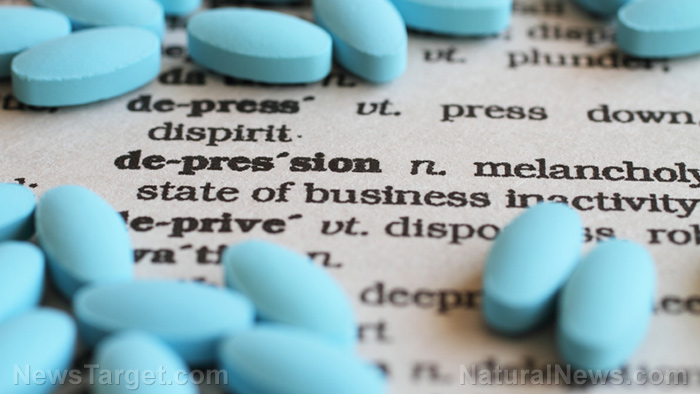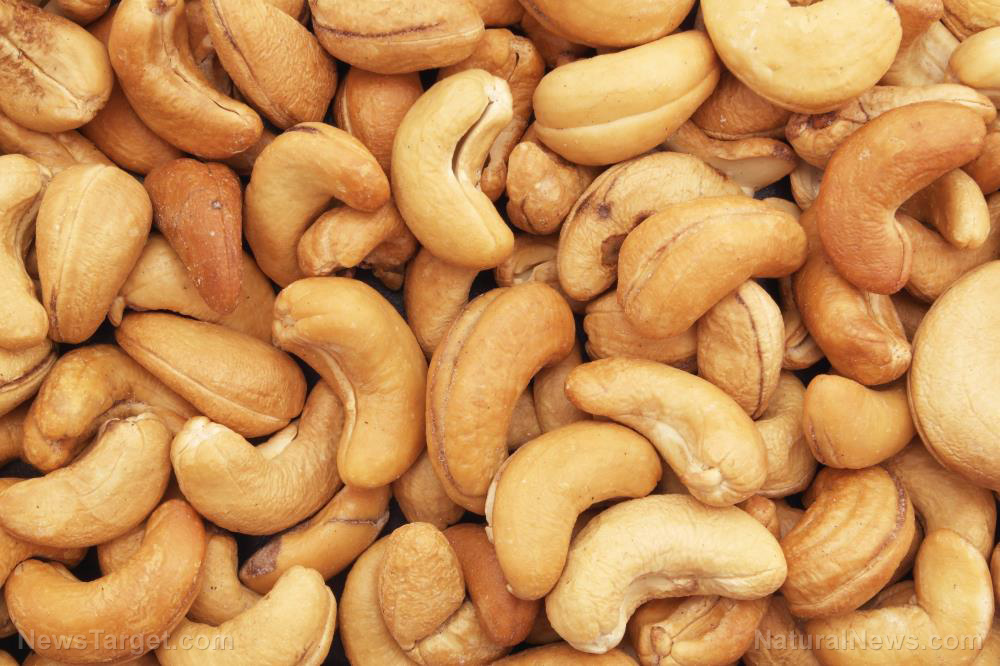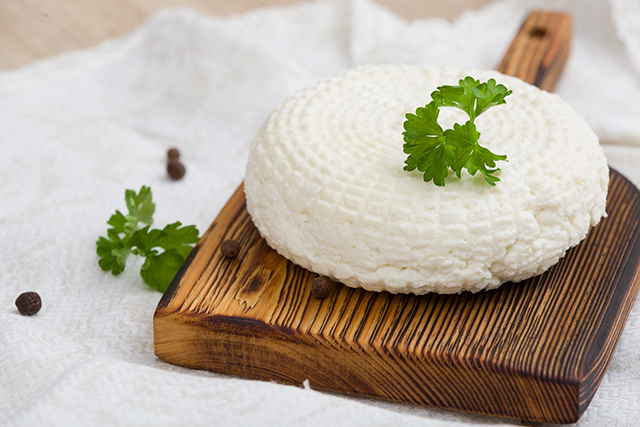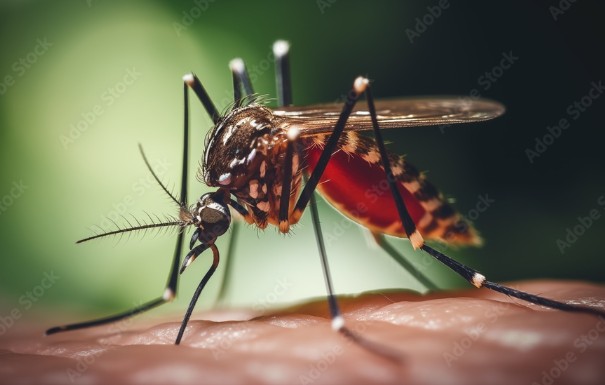Iron deficiency identified as a major cause of DEPRESSION
08/14/2025 / By Lance D Johnson

Iron is more than just a building block for red blood cells; it’s the quiet hero in our battle against depression. Recent research, published in the Journal of Nutrition, reveals a stark correlation between iron deficiency and depressive symptoms, particularly among women of reproductive age. This finding isn’t just a passing commentary — it’s a wake-up call for a health issue many of us overlook. Could it be that your diet isn’t just affecting your energy levels but also your mental well-being? Let’s dive deeper into the connection, explore the surprising sources of dietary iron, and uncover the everyday foods that can make all the difference.
Key points:
- Iron deficiency increases the likelihood of depressive symptoms by nearly 1.5 times, especially among women of reproductive age.
- Low-income women are more vulnerable to both iron deficiency and depressive symptoms.
- Foods like spirulina and popcorn are significant sources of dietary iron, often overlooked.
- Combining iron-rich foods with vitamin C enhances absorption, making your diet more effective.
- Addressing nutritional deficiencies is a key prevention strategy in maintaining mental health.
The iron deficiency and depression nexus
Iron deficiency isn’t just about feeling weak or peaked. While these are telltale signs of an iron deficiency, iron deficiency can also deeply impact how you feel emotionally and mentally. Imagine your brain as a delicate machine, finely tuned for optimal performance. Now, picture that machine without its vital lubricant — iron. The study, which analyzed data from over 2,500 women aged 20 to 44, found a noteworthy disparity in depressive symptoms among those with iron deficiency. Up to 16 percent of the participants were iron deficient, and 8 percent were diagnosed with anemia — a condition often linked to iron insufficiency. Astonishingly, the prevalence of depressive symptoms was 10 percent, with the deficiency disproportionately affecting those in low-income brackets.
The connection between iron and mood isn’t new. Historical studies have hinted at this link, but the comprehensive data from the National Health and Nutrition Examination Survey (NHANES) data (2005-2010) provides a clearer picture. For example, researchers observed that women with iron deficiency were nearly 1.5 times more likely to suffer from depressive symptoms, regardless of socioeconomic status. But for those in poverty, the risk escalated to a striking 27 percent increase. The message is clear: our bodies and minds are deeply intertwined, and both need the right nourishment to thrive.
From oysters and spinach to spirulina and popcorn: The surprising sources of iron that can sustain
Iron is a frequent visitor in the nutritional discussions, but where you find it may surprise you. While traditional sources like oysters and liver are well-documented, there are lesser-known allies in the fight against iron deficiency. Take spirulina, for instance. Often described as a superfood, this blue-green algae packs a potent iron punch. A mere tablespoon can provide up to 20 percent of your daily iron needs. Its unique combination of both heme (animal-based) and non-heme (plant-based) iron makes it especially effective.
Then there’s popcorn. Yes, the beloved movie companion can be more than just a snack; it’s a prime source of iron. A cup of air-popped popcorn contains around 0.75 mg of iron, making it a guilt-free, iron-rich addition to your diet. Imagine turning your next movie night into a mental health booster session, thanks to this commonly overlooked snack.
Fruits like apricots and vegetables like spinach are also reliable sources of dietary iron. Spinach, for example, offers a double benefit: not only is it high in iron, but it also contains vitamin C, which enhances iron absorption. Pairing iron-rich foods with those rich in C can amplify the nutrients your body takes in, making the fight against deficiency a two-front war.
Moringa, yellow dock, and stinging nettle
Yellow dock, nettle leaf, and moringa are natural remedies often praised for their potential to treat iron deficiency anemia. Each of these plants is rich in iron, offering viable alternatives for those seeking to boost iron levels without relying solely on traditional supplements or dietary changes.
Yellow Dock: Known scientifically as Rumex crispus, yellow dock is a robust perennial herb. Its roots are particularly valuable for their high iron content, estimated at around 59 mg per 100 grams. Yellow dock not only provides iron but also supports digestion, making it easier for the body to absorb the mineral. Its astringent properties help in reducing inflammation and improving overall gut health, which is crucial for better nutrient absorption.
Nettle Leaf: Urtica dioica, commonly known as stinging nettle, is another potent source of dietary iron. Nettle leaves contain approximately 8 mg of iron per 100 grams. Rich in several other minerals and vitamins, nettles offer more than just iron; they are also high in calcium, magnesium, and vitamins A, C, and K. The leaves can be infused in teas or incorporated into meals, providing a gentle and effective way to increase iron intake. Nettles have anti-inflammatory properties and improve circulation, both beneficial for managing symptoms of iron deficiency.
Moringa: Often referred to as “Himalayan ironwood,” moringa is less commonly discussed but equally significant in iron-rich herbalism. Moringa longifolia contains notable amounts of iron, though exact values vary by region. Its leaves and roots are traditionally used to treat anemia and promote overall health. It is also valued for its antioxidant properties, which can support immune function and reduce oxidative stress, further aiding in the management of iron deficiency.
Incorporating these plants into a balanced diet can help boost iron levels, alleviate symptoms of anemia, and promote overall well-being. However, consulting a healthcare professional is advisable to ensure safe and effective treatment.
The broader picture: Iron and mental health beyond women
While the study primarily focuses on women of reproductive age, the implications extend to broader demographics. Depression affects millions globally, and iron deficiency — whether recognized or not — plays a role in this global narrative. Historically, much of the medical community has focused on treating depression with medication or therapy, but lifestyle factors, including diet, are emerging as crucial components in the healing process.
The human body is a complex ecosystem, and iron deficiency can disrupt the delicate balance, leading to profound emotional and physical consequences. By addressing this nutritional imbalance, it’s possible to not only enhance mental health but also improve overall well-being. Incorporating iron-rich foods into your diet won’t solve all your mental health challenges, but it can certainly be a step in the right direction.
Sources include:
Submit a correction >>
Tagged Under:
#nutrition, depression, dietary iron, emotional well-being, health science, iron deficiency, men's health, mental health, mental wellness, Mind, mind body science, nutrients, nutrition science, real investigations, research, women's health
This article may contain statements that reflect the opinion of the author





















